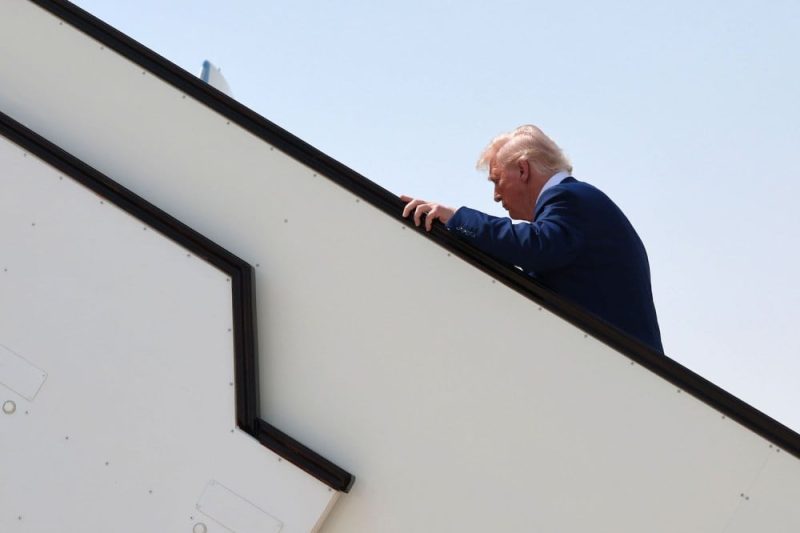
The recent meeting between President Trump and Syrian leader Ahmed al-Sharaa represents more than just a surprising photo opportunity; it signifies a potential paradigm shift in U.S. Middle East policy and heralds a possible new era of authoritarianism in the region. Trump’s embrace of al-Sharaa, a former anti-American jihadist who toppled Bashar al-Assad, appears to mark a conscious departure from previous administrations’ attempts at democracy promotion in the region.
Trump’s speech in Riyadh further solidified this shift. He explicitly criticized past U.S. interventions, arguing that the ‘Arabian way,’ emphasizing national traditions, is the best path forward. While this rhetoric might appeal to some, it overlooks the historical reality that this ‘heritage’ has often meant a choice between autocracy and radical Islamism, neither of which has proven effective in fostering genuine progress and modernity.
The ‘Arab Spring’ has largely resulted in renewed tyrannies, crushing Islamist movements. The aftermath of the Iraq War presents a shaky democracy dominated by Iran. Trump’s actions, therefore, seem to endorse authoritarianism as a long-term solution, a view echoed by many experts. Nader Hashemi, a scholar of Islamic politics, suggests that Trump’s authoritarian leanings embolden other autocrats, creating a ripple effect of oppression.
Al-Sharaa himself has pledged an inclusive Syria, but this promise rings hollow given his signing of an interim constitution that maintains Islamist rule for five years. While some see potential in his leadership, others express concern about the pressures from his backers in Turkey and the Gulf states, who are likely to prioritize authoritarian rule and suppression of dissent. The strategic reasons for Trump’s support are multifaceted, extending beyond economic interests to include weakening Iran’s influence by cutting off Hezbollah’s supply lines through Syria. This could also pave the way for a surprise nuclear deal with Iran, a prospect Trump has alluded to.
However, al-Sharaa’s pledges echo those of past Islamist leaders who ultimately failed to deliver on promises of inclusion and economic progress, leading to further instability and military takeovers. The pattern is tragically repeated across the Arab world, from Morsi’s rule in Egypt to Hamas’s takeover of Gaza, and even Tunisia’s recent slide into autocracy. Experts point to the potential for a brutal crackdown on dissent, similar to what al-Sharaa’s group implemented in Idlib, as the most likely model for his rule. Reports of violence against minority populations further fuel these concerns.
Despite these criticisms, some argue that Trump’s approach is strategically necessary, given the failures of past U.S. interventions. They see an opportunity to influence al-Sharaa and promote a more stable, albeit authoritarian, Syria. However, the risk remains that this approach solidifies a new era of authoritarianism in the Middle East, potentially at the expense of human rights and democratic aspirations. The long-term consequences of Trump’s gamble remain to be seen.










